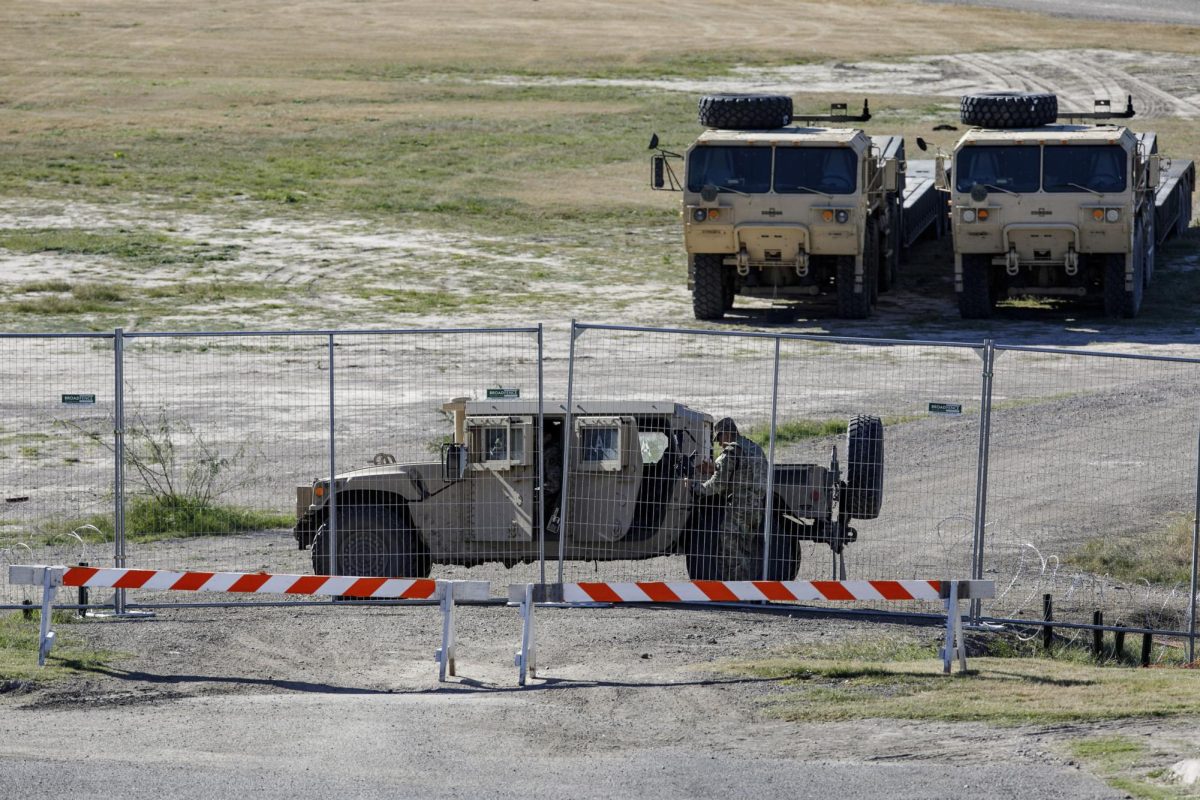
On the evening of Sept. 8, an earthquake with a magnitude of 6.8 struck western Morocco. 20 minutes after the initial earthquake, an aftershock with a 4.9 magnitude hit the region, according to CBS News.
Morocco is a country in northwestern Africa and borders both the Atlantic Ocean and the Mediterranean Sea. It is bordered by Algeria on the east and Western Sahara on the south. The countries of Poland and Spain are just North of Morocco and reachable by ferry. Morocco’s land is only slightly larger than the state of Texas and is home to more than 37 million people.
The epicenter of the earthquake struck in the Atlas Mountains and caused damage in cities such as Marrakech, which is located about 50 miles North of the earthquake’s center, CBS News reported. Shaking from the quake was also reported to have been felt throughout the entire country, as well as in Algeria, Poland, and Spain.
According to the United States Government Survey (USGS), an earthquake of this size has never been recorded within 500 km (310 mi) of the affected area, noting that quakes are more common in the Northern parts of Morocco, near the Mediterranean Sea.
The earthquake was caused by oblique reverse faulting. CBS News explains that this “phenomenon happens when tectonic plates collide, causing stress to build on a fault line as the Earth’s crust thickens. When rocks abruptly shift to release the stress, it can cause an earthquake.”
In total, the earthquake took nearly 3,000 lives, injured over 5,000, and affected millions of people. CNN recounted the moment that Fatema Acherhri’s, a woman living in Tinzert, Atlas Mountains, Morocco, life was changed by the earthquake.
Her two daughters, Rajaa and Sanaa, were lounging in the family home, Rajaa was sleeping and Sanaa was playing on her phone. CNN states, “Suddenly, the ground started shaking violently. Fatema was still tidying up in the kitchen when her house began collapsing around her. She said she leapt towards her girls, only to see them crushed by part of the ceiling. Both were gone instantly.”
The next day, Fatema buried her six-year-old and twelve-year-old daughters alongside 19 others who were also killed in Tinzert.
On Sept. 20, Morocco’s government announced a budget of nearly $12 billion to be delegated to “reconstruction, rehousing, and socio-economic development of areas hit by the deadly disaster,” according to Arab News.
Arab News further reported that, “the government said in a statement it was setting aside 120 billion dirhams ($11.7 billion) to help 4.2 million inhabitants affected by the quake over a period of five years.”
“The funds would be used to “rehouse affected people, reconstruct homes, and restore infrastructure,” said the statement published at the end of a meeting chaired by King Mohammed VI in the Arab News.
Efforts continue to be made to help survivors of the earthquake. In an article by PBS, Dr. Céline Gounder, a CBS News medical contributor and editor-at-large for Public Health at KFF, commented, “when you donate to local organizations, you’re helping in more than one way. You’re helping to create jobs locally and strengthen local capacity, too.”
If you would like to make a donation to help those affected by the Morocco earthquake, some ways to do so include donating to the High Atlas Foundation, the Banque Alimentaire, the International Medical Corps, the World Central Kitchen, CARE, and the IFRC and Moroccan Red Crescent. Donations of any amount are greatly appreciated.
For more information go to
https://www.cbsnews.com/news/morocco-earthquake-2023-marrakech-map-death-toll-magnitude-when/ or https://www.usgs.gov/news/featured-story/major-earthquake-strikes-oukaimedene-morocco
https://www.cnn.com/2023/09/12/africa/morocco-earthquake-village-atlas-mountains/index.html
https://www.arabnews.com/node/2378246/middle-east
https://www.cbsnews.com/news/how-to-help-morocco-earthquake-victims-donations/





